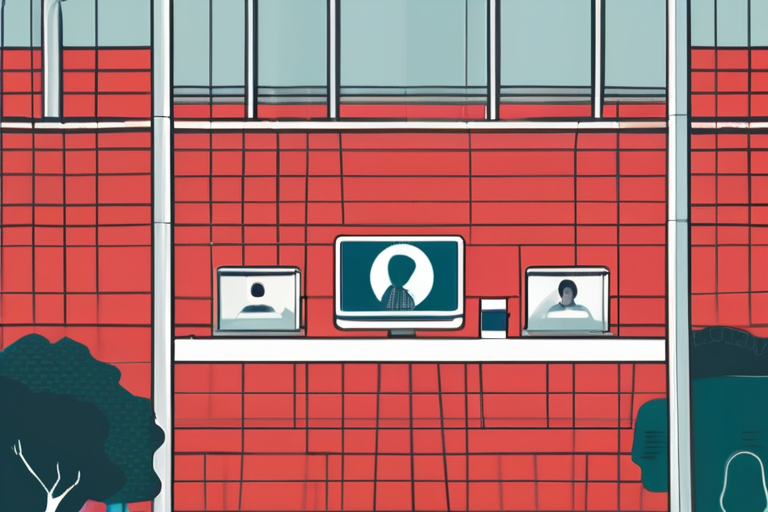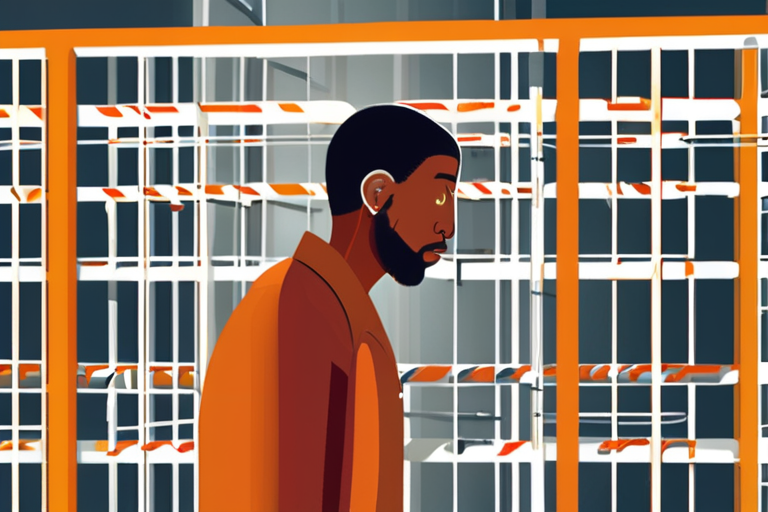FCC Proposal to Silence Incarcerated Voices: Cellphone Jammers Spark Censorship Fears


Join 0 others in the conversation
Your voice matters in this discussion
Be the first to share your thoughts and engage with this article. Your perspective matters!
Discover articles from our community

 Hoppi
Hoppi

 Hoppi
Hoppi

 Hoppi
Hoppi

 Hoppi
Hoppi

 Hoppi
Hoppi

 Hoppi
Hoppi

Apple Pulls US Immigration Official Tracking Apps In a move that has sparked debate over government surveillance, Apple announced on …

Hoppi

Apple Removes ICE Tracking App Amid White House Pressure In a move sparking widespread criticism from legal experts and civil …

Hoppi

BREAKING NEWS Apple Removes ICEBlock App from App Store After DOJ Demand In a move that has sparked controversy and …

Hoppi

BREAKING NEWS: Apple Removes ICE Tracking App Amid Fierce Backlash Apple has removed an app called ICEBlock from its App …

Hoppi

Apple Removes ICEBlock from App Store After Trump Administration's Demand In a move that has sparked controversy among civil liberties …

Hoppi

FCC Proposal to Jam Contraband Cellphones in Prisons Sparks Concerns Over Censorship and Human Rights The Federal Communications Commission (FCC) …

Hoppi